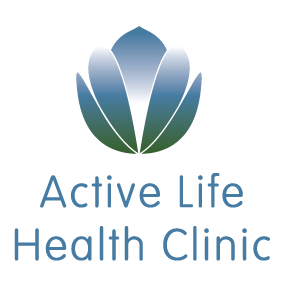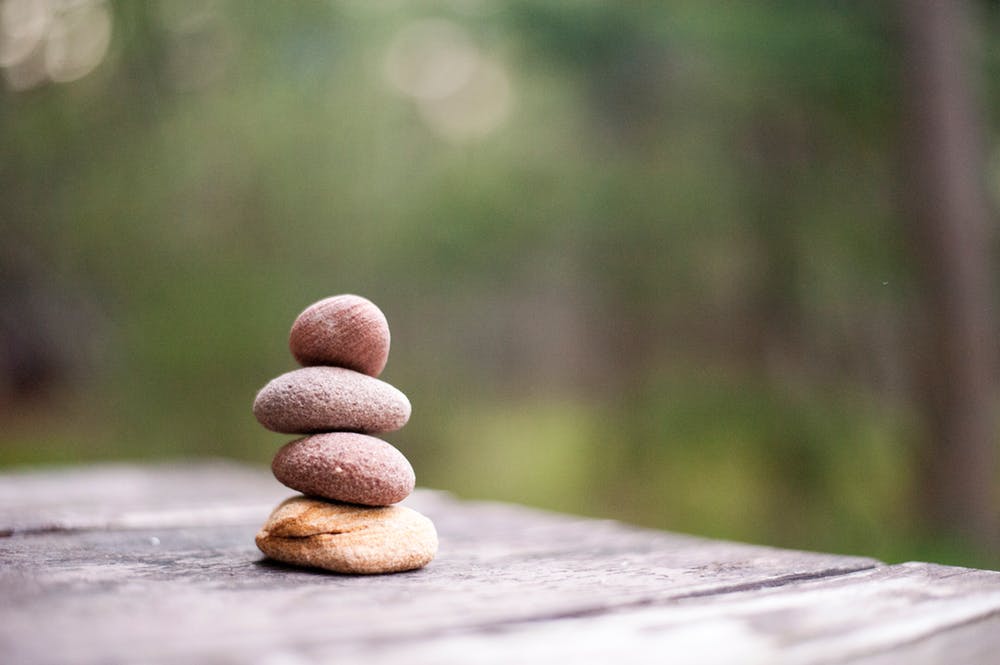 One of the things I’ve prided myself on is my ability to adapt. I’m pretty good at being able to find a way around and make the changes that have allowed me to feel once again at the reins. At my front door, I’ve written the quote, “The best way to predict the future is to create it.”
One of the things I’ve prided myself on is my ability to adapt. I’m pretty good at being able to find a way around and make the changes that have allowed me to feel once again at the reins. At my front door, I’ve written the quote, “The best way to predict the future is to create it.”
What I’ve learned in the last little while during the COVID-19 crisis is that mentally fighting “what is,” is exhausting, so now I’m trying to learn at a deeper level what it means to let go. I’m sure many of you are too.
I’ve never had so many ups and downs of emotions in such a relatively short period of time. So, I have been seeking the wisdom of some of our great scholars and philosophers and I thought I’d share some of their insights here.
Acceptance
 The root of many old pieces of advice is to learn to accept:
The root of many old pieces of advice is to learn to accept:
“It is what it is.”
“Que sera sera.” “What will be will be.”
“God grant us the serenity to accept the things we cannot change, the courage to change the things we can, and the wisdom to know the difference.”—The Serenity Prayer
And the Japanese expression I’ve heard and said many times, but need to retain as a mantra right now, “Shikata ga nai.” Translated literally, it means, “there is no way,” but it is basically a recognition of the need for acceptance of what is.
Acceptance is also the last main step for the path to healing. The Kübler-Ross model was developed by a psychiatrist to help those dealing with terminal illness. It is now in widespread use for those dealing with grief and loss. It can be applied to loss of a loved one, loss of a job, loss of a home, and the loss of one’s way of living or of perceiving the world. This model states that there are five stages of grief:
- denial
- anger
- bargaining
- depression
- acceptance
Does this feel familiar to you now? While you might have skipped some steps or the sequencing may be different for you, many of us have flipped through these first four steps—sometimes more than once—over the last several weeks.
Acceptance doesn’t mean giving up. Eckhart Tolle, the author of “The Present Moment,” stated, “Accept—then act. Whatever the present moment contains, accept it as if you had chosen it. Always work with it, not against it.”
I like Henry Wadsworth Longfellow’s simple take on it: “For after all, the best thing one can do when it is raining is let it rain.”
Yin and Yang
 Traditional Chinese Medicine (TCM) is based on ancient principles that were formed through the observation of our natural world around us. One of those foundational pieces is that of Yin and Yang. Yin and Yang are opposing, but mutually supportive forces. You cannot have one without the other. Yin represents nighttime, dark, quiet, and cold; Yang represents daytime, light, active, and hot. Neither Yin nor Yang can hold dominance permanently. If the pendulum swings to extreme Yang, it will counterbalance to Yin and vice versa.
Traditional Chinese Medicine (TCM) is based on ancient principles that were formed through the observation of our natural world around us. One of those foundational pieces is that of Yin and Yang. Yin and Yang are opposing, but mutually supportive forces. You cannot have one without the other. Yin represents nighttime, dark, quiet, and cold; Yang represents daytime, light, active, and hot. Neither Yin nor Yang can hold dominance permanently. If the pendulum swings to extreme Yang, it will counterbalance to Yin and vice versa.
There are also the Daoist and Buddhist ideas of bian hua. Bian is the accretive, increasing phase. That’s where we’ve spent so much of our energies of late. We’ve accumulated and built and grown and expanded—in population, in belongings, in expectations. And now we’re in a state of environmental crisis.
While we were increasingly recognizing the need for us to make changes to save our world, sharing memes, tweeting about Greta Thunberg, joining marches, and recycling bottles simply was not going to be enough. We need huge changes. Enter COVID-19.
I don’t believe Mother Nature is conscious. I don’t think “she” really thought, “Hey, you guys, listen up. You’ve been bad to me for a long time and now I’m going to put you in a time out”—though that is tempting to think that. I think nature is nature. Balance is what happens. And the counter to bian is hua.
Hua is the resolving phase. It’s when things melt, dissolve, burn up, break down, die, and rot. This is the phase most of us want to avoid. We wish it didn’t exist. We’d rather stay in the birth and growth phase. But, like it or not, it happens. It exists. And it is essential. Just like Yin and Yang, you can’t have one without the other.
Bian hua together mean change, transformation, metamorphosis, and reincarnation.
It’s not good or bad, holy or evil.
Great changes are often brought about by great upheaval. One of my favourite books (a worthy re-read now!), “The Tao of Pooh” (as in Winne the Pooh), speaks about the positive in the seemingly negative:
“A saying from the area of Chinese medicine would be appropriate to mention here: “One disease, long life; no disease, short life.” In other words, those who know what’s wrong with them and take care of themselves accordingly will tend to live a lot longer than those who consider themselves perfectly healthy and neglect their weaknesses. So, in that sense at least, a Weakness of some sort can do you a big favor, if you acknowledge that it’s there. The same goes for one’s limitations, whether Tiggers know it or not—and Tiggers usually don’t. That’s the trouble with Tiggers, you know: they can do everything. Very unhealthy.
Once you face and understand your limitations, you can work with them, instead of having them work against you and get in your way, which is what they do when you ignore them, whether you realize it or not. And then you will find that, in many cases, your limitations can be your strengths.”
Change
Lao Tzu, the reputed founder of Daoism and author of the “Tao Te Ching,” said “Life is a series of natural and spontaneous changes. Don’t resist them; that only creates sorrow. Let reality be reality. Let things flow naturally forward in whatever way they like.”
Of course, that is often easier said than done and you don’t have to actually like it. But it is helpful to accept it.
It’s a tough principle to understand because we might infer from that to take no action. Sometimes, yes, inaction is the best action. But sometimes we need to take action to allow for inaction. If you’re having a hard time accepting what’s happening right now, TCM has some options for you. I can help you find ways to help you accept the current changes and be ready to accept the next changes. We are no doubt in a period of great change.
To manage your health issues (physical, emotional, mental), give me a shout via phone or email or book in a phone or video consultation for acupressure, nutrition, or lifestyle recommendations or for supplements, Chinese herbal prescriptions, or at-home TCM tools to treat yourself.

